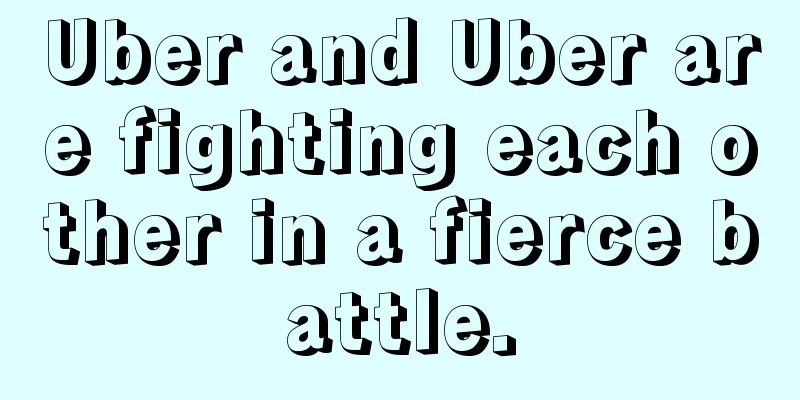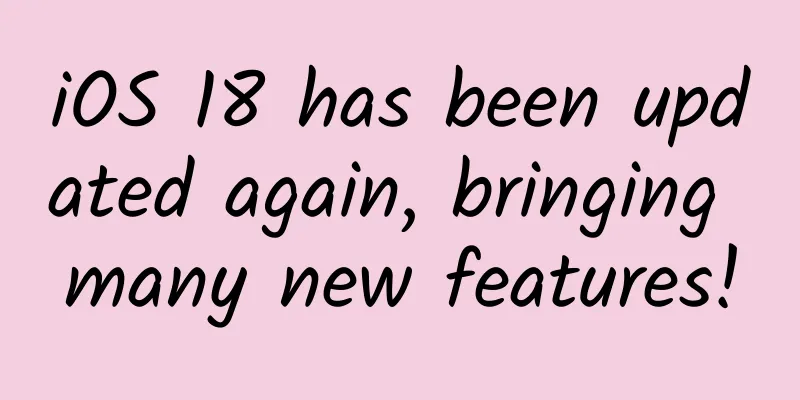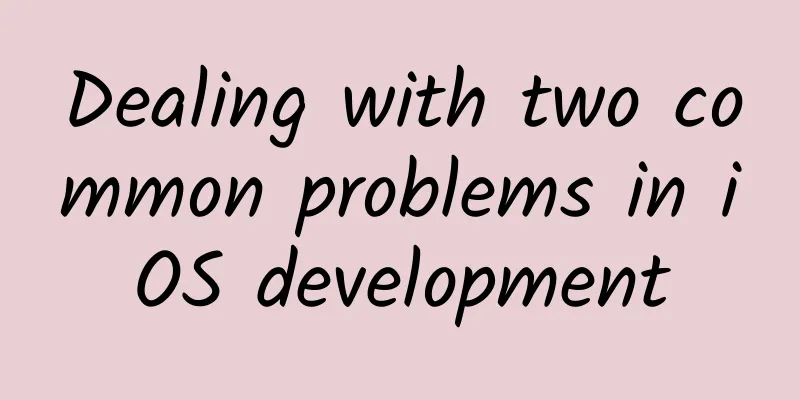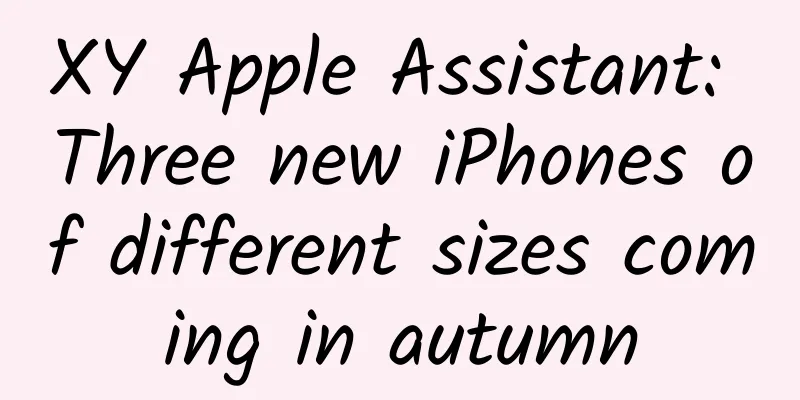Even Apple, a closed-source software company, had to open source Swift.
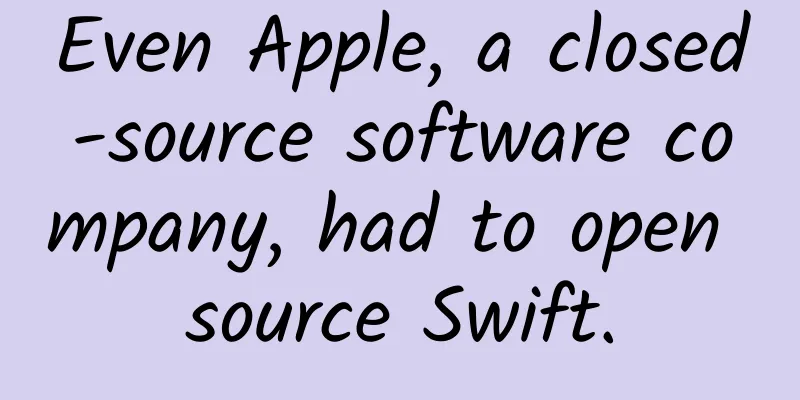
|
At Apple's WWDC 2015, the biggest attention was not iOS 9 and OS X, nor the new Apple Music, but Apple's vice president of software engineering Craig Federighi's announcement that Apple's programming language Swift 2.0 would be open source. Why is everyone so excited? Over the past 15 years, developers have shown a preference for open source tools and platforms, but Apple has been trying to get developers to adapt to its own technology and stay away from third-party technology. Apple does this with a certain risk, which may alienate the developers who have been developing third-party apps or services. Programmers want the freedom to choose how they want to work, and to keep them, Apple has to open up. Swift is developing very rapidly, but in recent years, many other new programming languages have emerged to compete with each other to attract the attention of developers. Facebook is using Hack and D languages; Google has open-sourced its Go language; Mozilla has also launched its own latest programming language Rust. These programming languages have their own advantages and disadvantages, and one or more of them will become the next standard for software development, and each programming language has been open sourced. Importantly, last year Microsoft decided to open source its .NET framework. Microsoft allows all developers to use their own language in systems other than Windows, including OS X and iOS, and also provides code, making it easier for developers to modify or extend .NET according to their needs. Apple is faced with the fact that developers will use Microsoft's tools to develop Apple products, so it can only open source Swift. Apple introduced Swift 1.0 at last year's WWDC, replacing Objective C, which dates back to 1983 and has been the main language for developing iOS apps. Swift is a more modern language that adds many new features to help new programmers learn to code and to help experienced programmers avoid some serious mistakes. Although this is not the first time that Apple has open sourced its code. Apple has open sourced Darwin (which is the basis of OS X) and WebKit (the basis of the Safari browser), but Apple will not open source Objective C. In theory, it seems that Objective C can be applied to other operating systems, but without Apple's help, cross-platform code is difficult. The tools developed by Xamarin allow developers to use Microsoft's programming language to develop software that runs on Windows, Linux, iOS and Android. This means that developers do not need to develop for Android in Java and then develop for iOS in Objective C. They can even use the same code as the basis for desktop or server-side applications. Although most iOS and OS X developers still use Objective C or Swift, Apple could head off Microsoft by making Swift available for other operating systems. The end result could be that Apple's language is used to develop apps for its competitors. In a statement, Apple wrote that the open source will include core parts of the Swift system, including the compiler and standard library, but the details are not particularly clear on the extent of the open source. Apple is likely to retain key intellectual property rights, just like Java did. Apple may also eventually withdraw Swift's open source, just as Apple once promised to make FaceTime an open standard for video communication. In any case, this is a huge change for Apple's Swift. Apple itself is helping to bring Swift to Linux, and with access to the code Apple uses to develop software, other companies will be able to support Swift. However, Apple has made no mention of open sourcing the Cocoa interface, which is a core part of most iOS and OS X apps. Regardless, Swift's open-source release at least gives developers some peace of mind that they won't be embroiled in litigation, as happened with Google's lengthy copyright dispute with Oracle over Java, which claimed Google had infringed intellectual property rights by developing a Java-like programming platform for Android. By making programming languages and other development technologies open source, companies like Apple can ensure that developers use the technology legally. Development is troublesome enough, so don't bother programmers with other things. |
<<: I have little education, don’t lie to me, does Android development make more money?
>>: Why would Google open source its most important secrets?
Recommend
Tips for creating hit short videos!
As of March 2021, the number of short video users...
How did people grow vegetables on the Mir Space Station more than 30 years ago?
The designer of the world's first fully funct...
APP promotion tips: how to tap into iOS channels
Question 1: I don’t know where to tap into the iO...
Will picking your nose kill you? Picking your nose feels good for a while, but if you keep picking, you'll cry...
If you ask me why I like to pick my nose Of cours...
Mobileye and NIO enter into a strategic partnership to build Level 4 autonomous vehicles for consumers in China and other regions
On November 5, 2019, Intel subsidiary Mobileye an...
Gaizhou SEO training: Keyword SEO optimization is a necessary step to accelerate the development of corporate websites
Most entrepreneurs always have such questions: wh...
Advanced way to seduce girls, if you learn 40% you can seduce the goddess
Advanced way to pick up girls, if you learn 40% y...
iOS 9.1 has two major glitches that affect basic iPhone functions
iOS 9.1 is a fairly stable version, at least that...
2022 Infant and Child Care Expenses Deduction Standards: Can newborns receive special personal income tax deductions?
During the 2022 National People's Congress an...
Who is China's Detroit?
As major auto brands dig the soil in major cities...
What are the functions of the nail salon WeChat mini program? How to make a manicure appointment app?
The love of beauty has existed since ancient times...
If you eat a piece of chocolate while chewing gum, will the gum disappear?
When you are not hungry but always want to chew s...
Today is World Rabies Day ❘ We have found all the truth about rabies for you!
gossip Many people know that rabies has a certain...
Why did Xiaomi make its largest investment in iQiyi?
The US$1 billion "meeting gift" that Xi...


